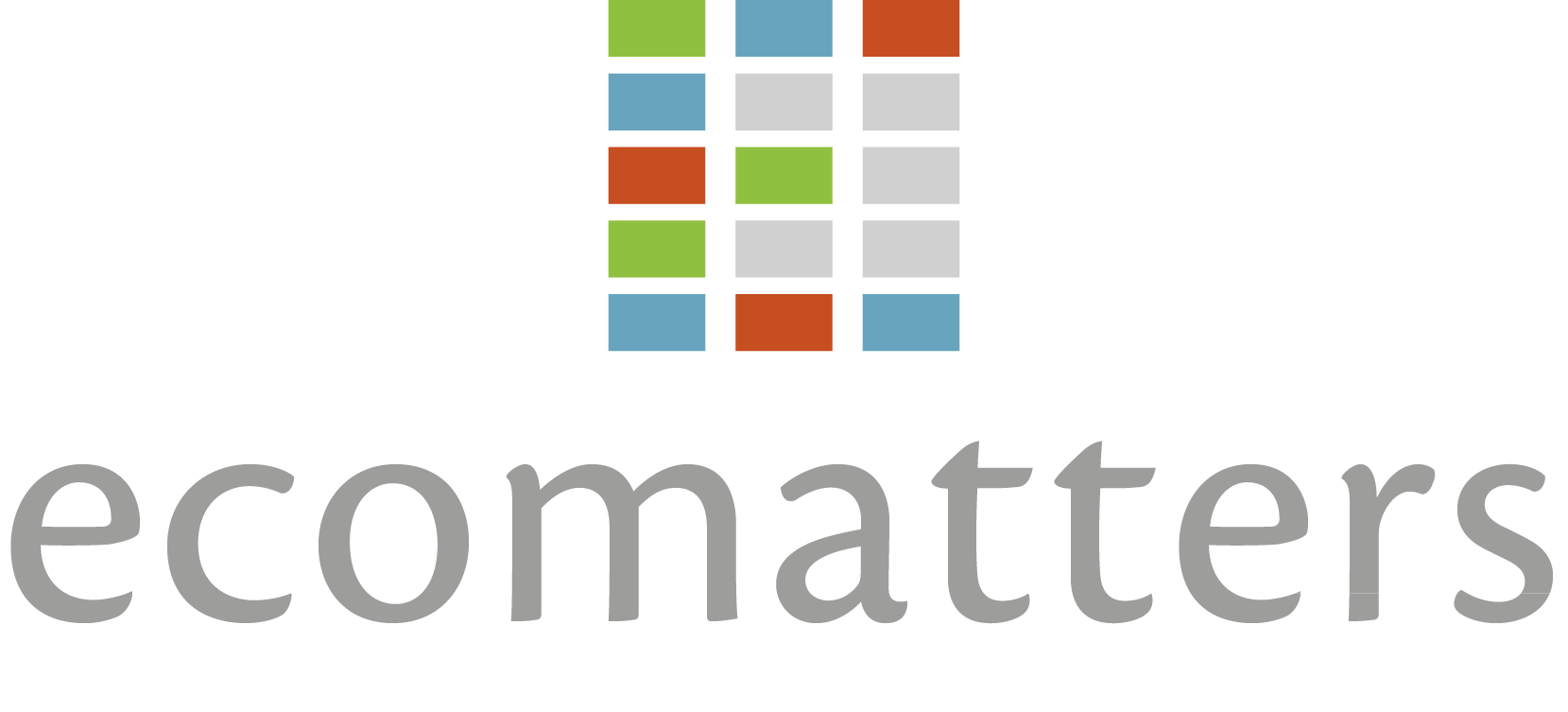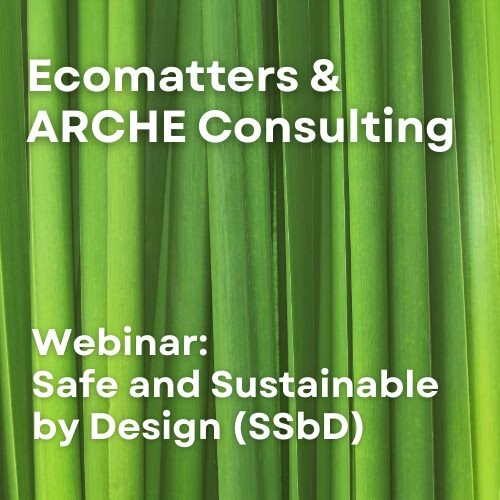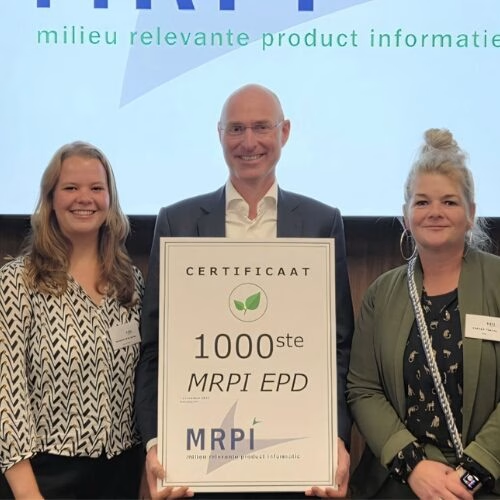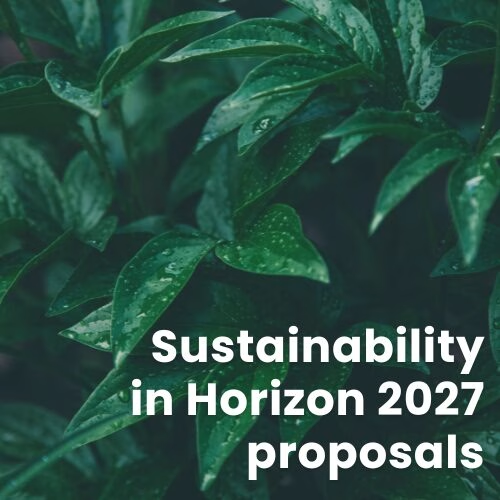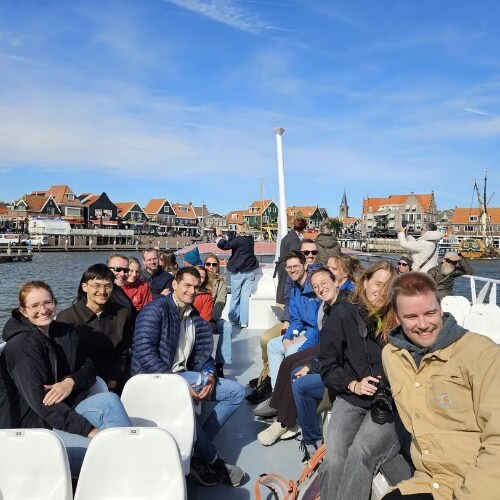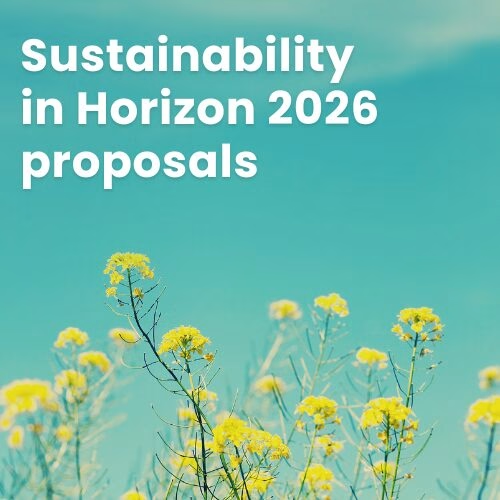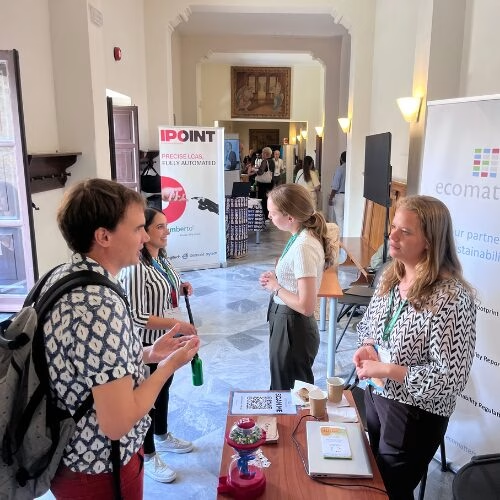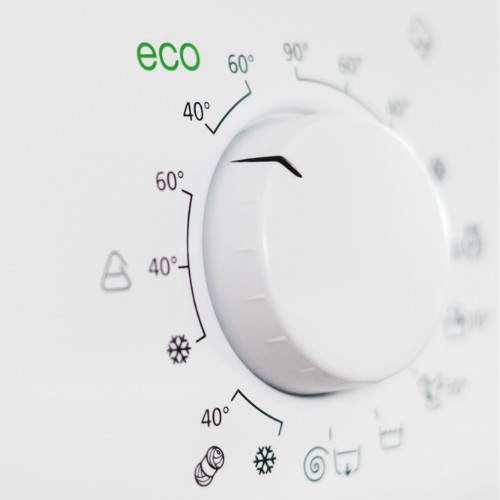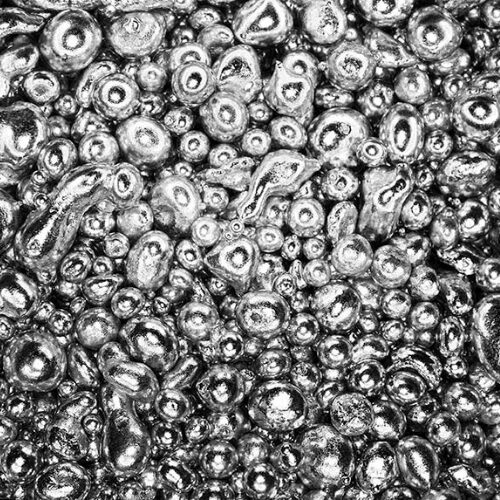Sustainability Assessment Levels: dealing with sustainability assessment in research
This year starts for me – Natalia Chebaeva – with good news: I am proud to co-author a paper in the Journal of Cleaner Production, together with a wonderful team of M. Lettner, J. Wenger, J.-P. Schöggl, F. Hesser, D. Holzer and T. Stern. The paper elaborates on the research I was part of back in 2017, introducing and developing the concept of Sustainability Assessment Levels (SALs).
Introduction of sustainability assessment of a product during the research and development activities shows to be of increasing importance. Early consideration of the possible future impacts of a product is instrumental in defining technological and even marketing strategies, but is challenged by lack of information and certainty. On top of that, developers have to deal with the costs paradox: the sooner you can identify what constitutes the biggest negative impacts of your innovation, the lower will be the costs to fix it; but the higher are the costs of the analysis itself.
There is plenty of sustainability assessment methods available for use. However, early integration of them in product development is hindered by lack of guidance in navigation towards the ones that are available, feasible, and useful at a particular stage. To tackle this challenge, we introduced the concept of Sustainability Assessment Levels, which provides an overview of – and guideline for – possible sustainability assessment methods that match to well-known engineers Technology Readiness Levels (TRLs).
TRL is a framework that allows to measure technology’s maturity, ranking it across 9 levels from the idea generation (low TRL) to the commercialization (high TRL). Similarly, SAL concept looks at stages and dynamics of the technology’s readiness for sustainability assessment. In the research, 33 sustainability assessment methods were systematically evaluated to derive four distinct SALs, and match them against the TRLs. The distinction between the SALs addresses data availability, uncertainties, and dynamics of research process. Such, technology in the lab might have only little information, not-upscaled, and with uncertain range of applications, and therefore eco-design checklists (SAL1) might be a good option for hotpots identification. A technology that is about to be place on the market has high certainly data on almost any aspect, and here, for example, a full life cycle assessment or H&S quantification can be done (SAL4).
This development is aimed to enable R&D sector (public or private) with instrumental integration of sustainability assessment into research and development projects.
Read the full paper in the Journal of Cleaner Production v. 281 or on ScienceDirect.
Interesting continuation to that work for me was incorporation of the concept in a framework to navigate researchers’ way through sustainability assessment. It builds up on the SALSs concept, has the potential to set effective communication between the partners, and would enable to achieve meaningful (for the research phase) results under scarcity of time and resources.
The developed framework is based on three pillars:
- Defining the technology that is to be substituted with one in development. This is connecting the assessment to the external environment and market analysis.
- Impact assessment in life cycle perspective, that includes environmental, economic and social aspects.
- Managing the uncertainty in data and planned development.
The assessment in dynamics counts the four distinct SALs. Each level has a different scope which is widened with the project’s progress. This outline allows both to track dynamics of the project and to compare performance of different projects in a portfolio.

